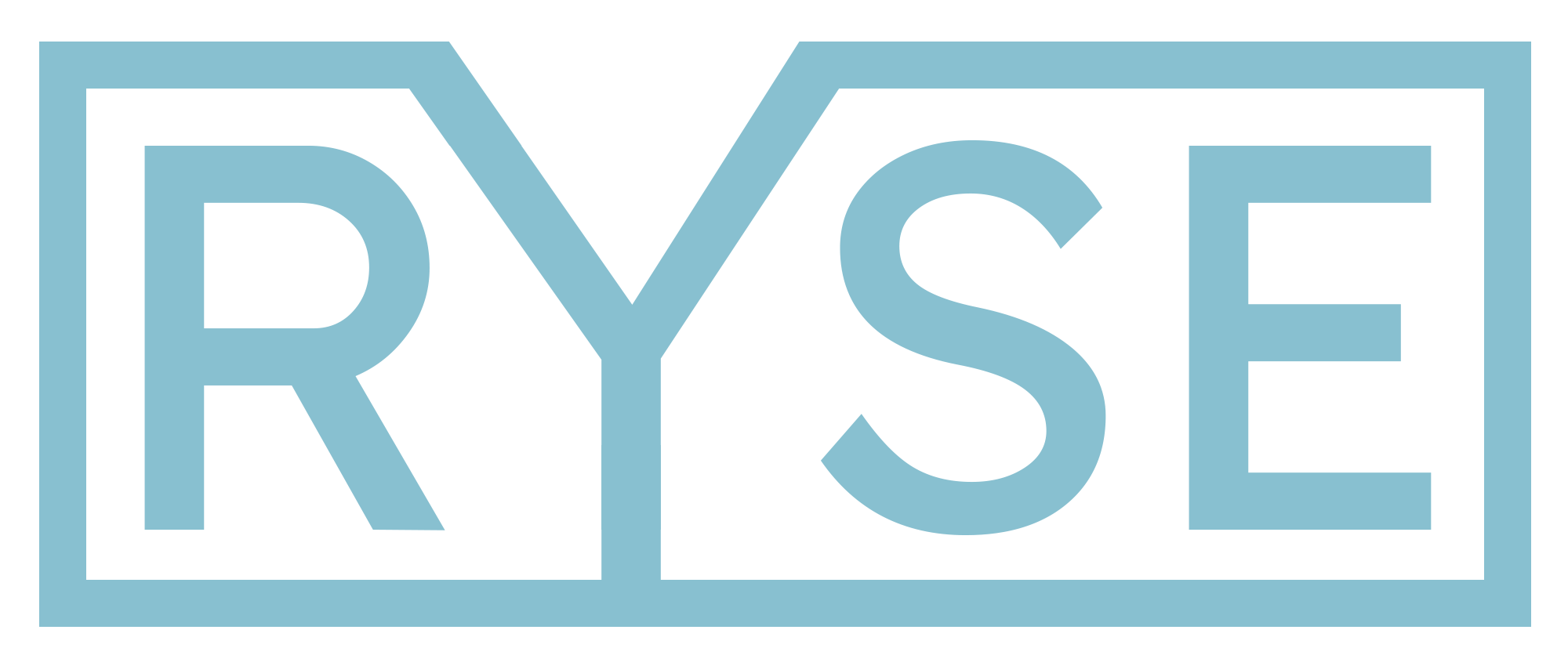How to use PHP’s namespaces and constants within your WordPress plugins

Recently I switched from using a class to emulate a namespace in my WordPress plugins to actually using PHP’s namespace, which is available in PHP 5.3.0 or greater. I’m going to demonstrate some things that all my plugins thus far have in common.
1. Create a namespace
Right before your plugin meta data comment, you must lead with your namespace (otherwise PHP will complain):
namespace CompanyName\PluginName;I use a master namespace for everything I do (CompanyName) and a sub-namespace for the specific plugin I’m working on (PluginName).
2. Define a namespace constant
After the plugin meta data comment I define a constant, in other words, a shortcut to reference my namespace within WordPress hooks. It’s just less to type in the future and I can change my namespace without affecting plugin functionality.
define(__NAMESPACE__ . '\NS', __NAMESPACE__ . '\\');What this allows me to do is use a constant called NS to render CompanyName\PluginName\ so that after leading with NS in a WordPress hook callback, all I need to provide is my function name.
To create additional constants within your namespace, you can do that like so:
define(NS . 'PS', 'plugin-slug');3. Use your namespace constant in a WordPress hook
Here is what a function and a hook looks like in a namespaced environment:
function initialize_plugin() {
}
add_action(
'init',
NS . 'initialize_plugin'
);It’s really not that much different compared to not using a namespace and it certainly looks a lot cleaner than if you were using a class.
4. Use core WordPress functions
There are times where you need to use WordPress functions like the register_activation_hook, for example. It’s important to remember to change the namespace back to the global namespace for those functions.
The way to do that is to precede the function with a backslash:
\register_activation_hook(__FILE__, NS . 'register_activation_hook');This should get you started and if you have any questions, leave them in the comments below.
Featured image by Greg Rakozy.
Comments (15)
Previously posted in WordPress and transferred to Ghost.
Michael Sablatura
October 25, 2012 at 10:51 am
Dude I’ve been looking for this all over the place. Well done.
Elium
December 27, 2012 at 6:46 pm
Nice.
Even if it work like that, I would have declared my namespace right before plugin meta data comment.
According to php manual : “A namespace definition is the first statement the PHP interpreter should encounter in a PHP file. The only statement allowed to occur above a namespace declaration is a declare statement, and then again, only if it declares the encoding of the script.”
Ryan Sechrest
December 27, 2012 at 10:03 pm
Good point, Elium. I’ve updated my post to reflect this.
mark
October 27, 2014 at 2:08 pm
Actually bad point, comments and spaces are not statements…..
Ryan Sechrest
October 29, 2014 at 12:35 am
Agreed. After reading it again, I believe you are correct. Thanks for flagging that!
Lázaro Rodrigues
March 6, 2014 at 8:52 am
Thanks for the help!
violacase
March 14, 2014 at 10:19 am
Very nice article. You helped me get on the road.
I REALLY LOVE your trick for creating a spacename constant.
One thing: since comments are not interpreted by the PHP engine you may have comment before the namespace declaration I should think.
Ryan Sechrest
March 14, 2014 at 1:08 pm
I was able to add a comment before the namespace, but like Elium mentioned, PHP’s documentation says:
"A file containing a namespace must declare the namespace at the top of the file before any other code – with one exception: the declare keyword."
It comes down to whether a comment is considered code or not.
A little further down, it does narrow it down to a code construct:
"The only code construct allowed before a namespace declaration is the declare statement, for defining encoding of a source file. In addition, no non-PHP code may precede a namespace declaration, including extra whitespace."
At the end of the day, it’s no problem to stay on the cautious side.
BillyBob
March 26, 2014 at 2:46 pm
instead of creating a namespace constant couldn’t you alias the namespace with theusekeyword?
http://www.php.net/manual/en/language.namespaces.importing.php
Ryan Sechrest
March 26, 2014 at 4:26 pm
I don’t think so, because when WordPress queues and executes hooks, it would take the namespace and function name literally, i.e., it would have no knowledge of the alias in that context. The constant, on the other hand, provides WordPress with the full namespace. If you get it working though, I’d be interested in seeing how you did it!
Bhumi
February 20, 2015 at 6:42 am
Great help, thanks
Pieter
September 28, 2015 at 5:11 am
Thanks! This really cleanes up the code for your plugin. Remove all those ugly prefixes for methods.
Bruno
October 19, 2015 at 8:05 pm
Hi.
Thank you for the trick.
I am a beginner.
Why adding'__NAMESPACE__'to the constant name ?
Why not like so:define('NS', __NAMESPACE__ . '\\');?
Thank you.
Ryan Sechrest
October 20, 2015 at 11:37 pm
Hi Bruno,
You could do that, but thenNSwould be a global constant. Considering it’s such a general name, I only wanted it to work within the namespace.
